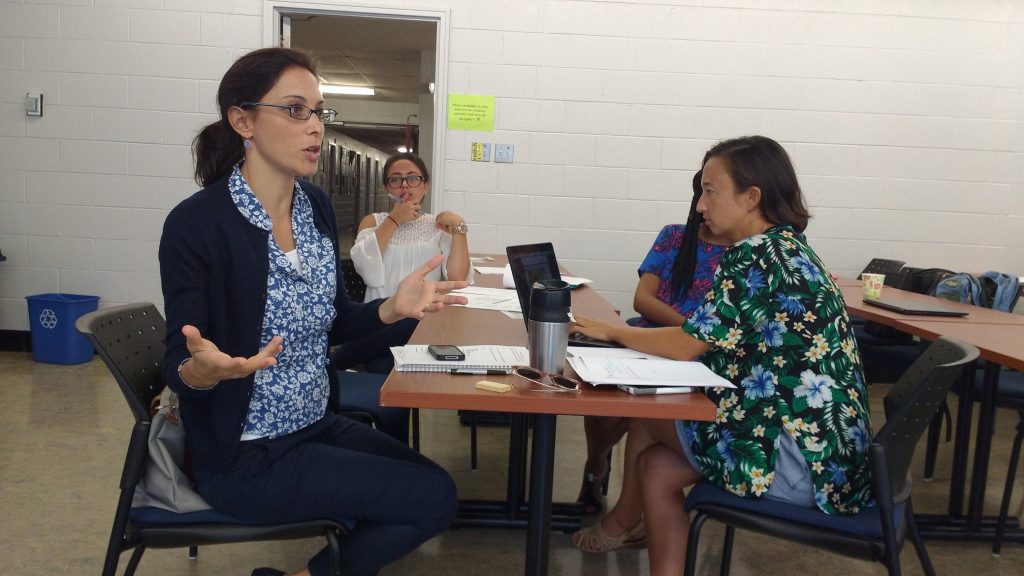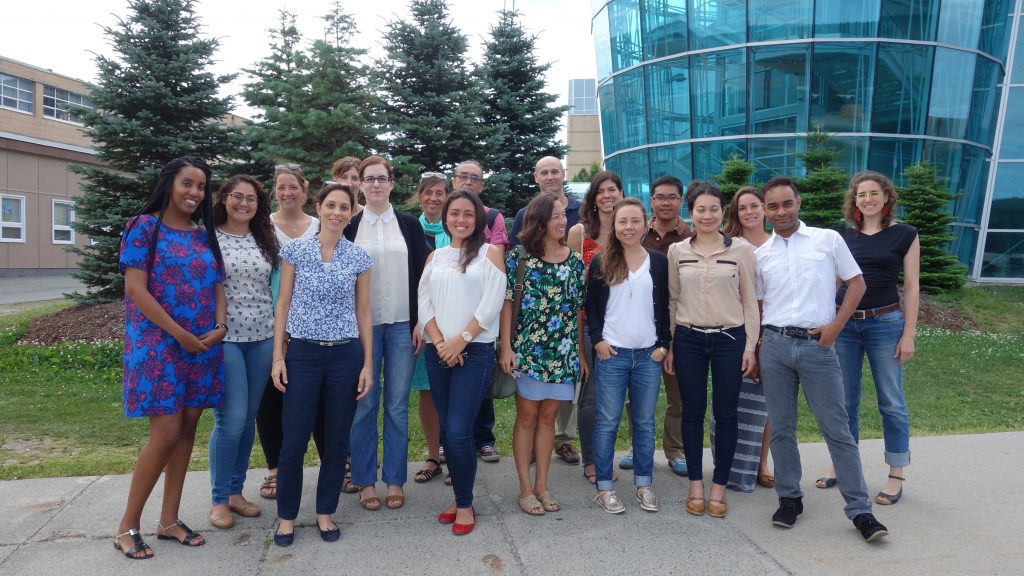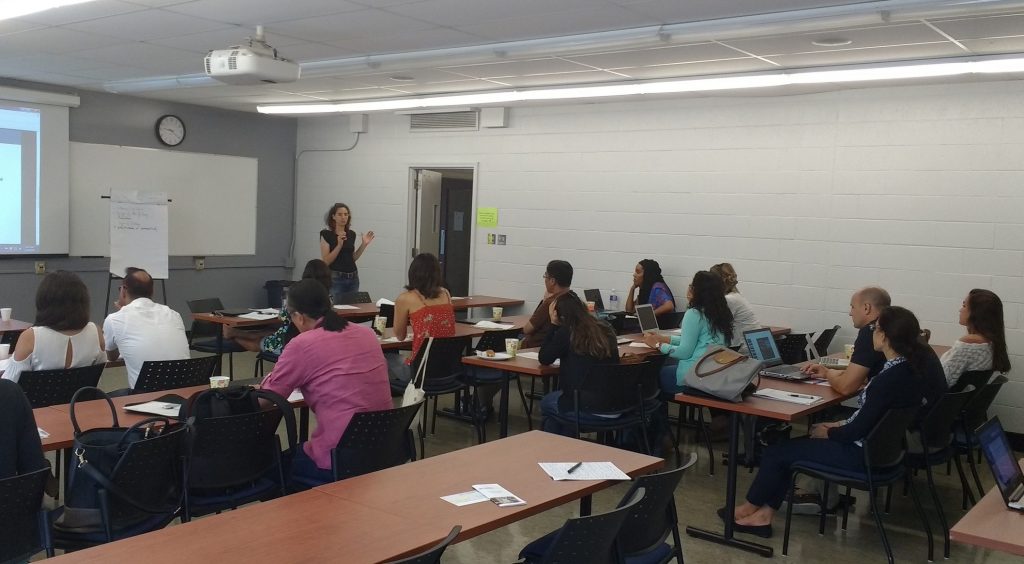On 29‐30 July, prior to the 2016 International Marine Conservation Congress (IMCC4), TBTI held a workshop on “Stewardship in small-scale fisheries” in St. John's, Canada. Organized as part of the SSF Stewardship research cluster, the workshop provided a platform for sharing of information about stewardship activities involving small-scale fishing people in various parts of the world. In particular, the workshop focused on two issues:
- Discussing the ecological and social impacts of gears used in SSF
- Highlighting the role of SSF communities in the stewardship of fisheries resources and marine ecosystems
The workshop was moderated by Mel Agapito, Delphine Rocklin and Tara Whitty, SSF Stewardship cluster coordinators. The discussions were based on the case studies information provided by the workshop participants and gathered through the TBTI surveys on SSF stewardship (the SSF gear impact assessment and the assessment of SSF stewardship activities). Prior to the workshop, Mel and Delphine analyzed the case studies and drafted two working papers. First paper, led by Mel, is focusing on relative impacts of various types of SSF fishing gear. Delphine took the lead on the paper that explores the role of SSF communities in the stewardship. The ultimate goal is to develop two synthesis peer-reviewed papers, co-authored by the workshop participants.
Tara opened the workshop by exploring current understanding of stewardship and making a case that the stewardship in SSF calls for a different approach, one that comprehends stewardship through ethics, action, capacity, and outcomes. This was followed by presentations from Mel and Delphine who familiarized participants with the content and the format of the two working papers. Afterwards, participants provided input on the papers through a series of general and group discussions.
Exploring the role of SSF communities in the stewardship – discussion highlights
- The discussion was focused on following questions: a) What do we understand as a successful stewardship, b) What key factors should we evaluate? and c) How do we evaluate these factors?
- Understanding stewardship as a process: the way people support the process and how they perceive it, will determine the final level of success.
- The level of success also depends on whether there is an alignment between the objective set by the (stewardship) project and the objectives set by the local community.
- There is a lack of a comprehensive definition of stewardship, and the existing definitions don’t take into account the different aspects of stewardship.
Next steps:
- Ranking the key elements of the factors identified as those which enable stewardship activities
- Exploring what combination of factors can lead to a success or a failure of stewardship activities
- Achieving successful stewardship within a specific local context
 Relative impacts of various types of SSF fishing gear – discussion highlights
Relative impacts of various types of SSF fishing gear – discussion highlights
- Conservation encompasses ecological and social aspects. Similarly, gear impacts can be ecological, social, political, and economic.
- Fishing gear can have both negative and positive impacts. In addition, gear impact can be forced by different drivers (marginalization, accessibility).
- Gear impacts can generate social benefits, and may have a positive impact on the local economy, food security, resilience, fair access and distribution, among others.
Next steps:
- Providing in-depth information/narrative about the participants’ case studies
- Fine-tuning the ‘relative gear impact’ framework developed at the workshop

















